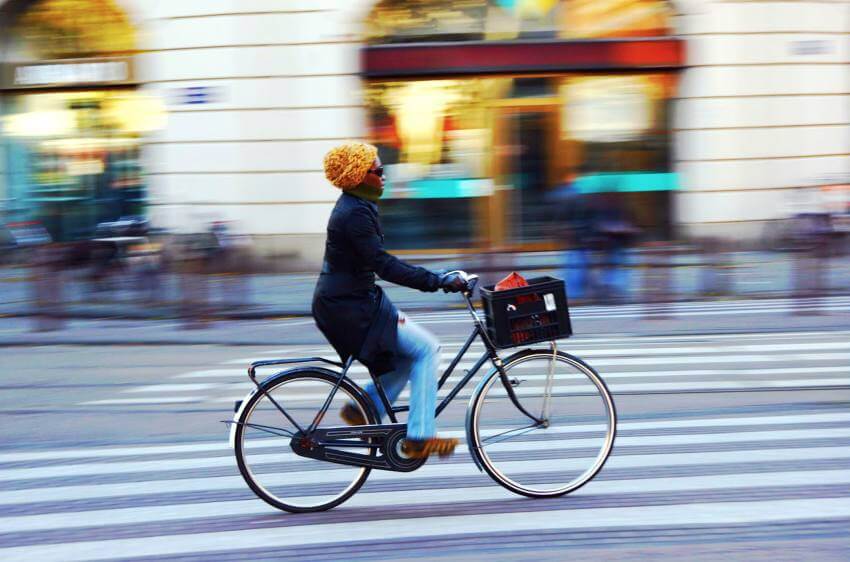The bicycle may be a must-have item in today’s hipster-obsessed world, so it’ll come as a surprise that fewer people around the world are riding on two-wheels, according to a new study. A report published in the Journal of Transport & Health by scientists at Johns Hopkins University, U.S. claims that cycling is dramatically losing its popularity. Analyzing data from 1.25 billion households, US researchers concluded that cycling has yet to become a widespread sustainable transport solution. The average ownership of human-powered vehicles fell by half over the past 30 years decades in over 148 countries, the study said. RELATED: PHOTOS: Philly Naked Bike Ride 2015 (NSFW) “The number of bicycles is highest in India and China,” says the report. “And the most dramatic changes in ownership are seen in the world’s most populous country, where almost all households – more than 97% – owned a bicycle in 1992, plummeting to less than half – just 48.7% – in 2007 and rising again to 63.2% in 2009.”According to the research, 42% of households worldwide has at least one bicycle. Generally, ownership is highest in northern Europe and lowest in parts of Africa and central Asia. Excluding China and India from the research, global statistics decreased from an average of 60% of households with a bike in 1989 to just 32% in 2012. Olufolajimi Oke, lead author of the study and PhD candidate in Civil Engineering at Johns Hopkins University, reckons the decline is caused by industrialization.
RELATED: Boston mayor announces bike share expansion “The majority of the world’s households are in developing and emerging countries. In the 80s and 90s, those countries were rapidly industrializing; bicycle ownership was discouraged and stifled, so a lot of money was spent on roads for cars. More cars mean more unsafe roads for cycling, which would also have had an effect,” he told the Elsevier scientific portal. Researchers believe the new data can help policy-makers to examine the efficacy of biking, then take action in boosting cycling as a sustainable mode of transport.
“Further research could be undertaken to identify the determining factors of bicycle ownership, motor vehicle ownership, and their interdependencies,” study concludes. “These surveys will help us to identify countries or regions on new in-depth case studies of bicycle usage to be conducted.”
They’re back-pedalling: Bicycle ownership has fallen across the world

Flickr, Creative Commons


















